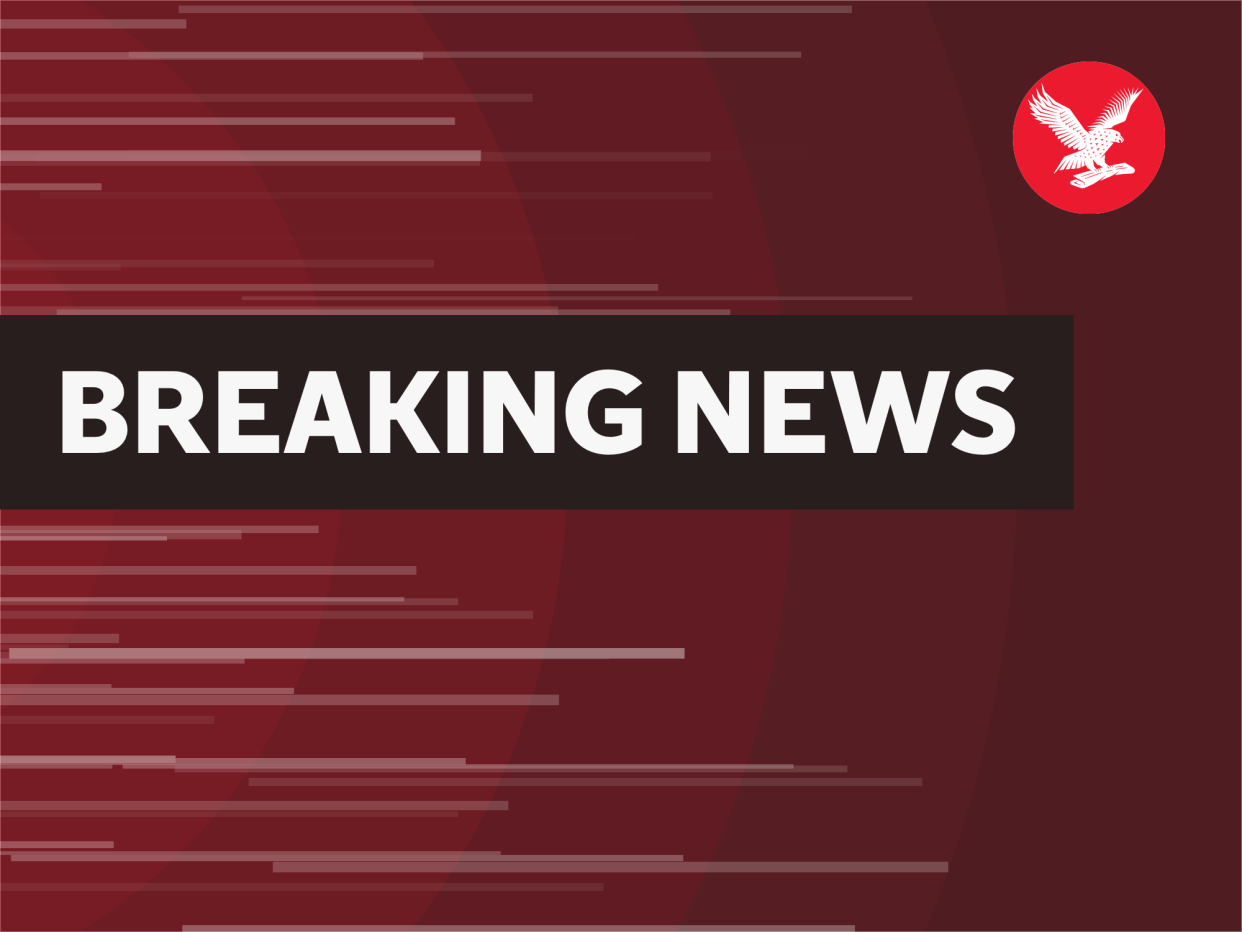UAE, Bahrain and Israel sign historic 'peace deal’

The United Arab Emirates and Bahrain have signed a historic deal with Israel, becoming the first Gulf states to formally normalise relations, in a move which dramatically re-shapes political dynamics in the region.
US President Donald Trump hosted the ceremony at the White House on Tuesday, capping several fraught few weeks since UAE and the Bahrain first agreed to forge diplomatic relations with Israel despite no formal resolution to the 70-year-old Israel Palestinian conflict.
At the US-brokered event with some 700 attendees, Israeli Prime Minister Benjamin Netanyahu signed the “Abraham Accords” alongside Emirati Foreign Minister Sheikh Abdullah bin Zayed al-Nahyan and Bahraini Foreign Minister Abdullatif Al Zayani.
Mr Trump, who is up for re-election in November, congratulated the three countries on this “outstanding achievement” saying the moment marks “the dawn of a new Middle East”.
“The Abraham accords… will serve as a foundation for a comprehension peace across the entire region something that no one thought was possible,” he said.
“[It] also open the doors for Muslims to visit the historic site in Israel,” he said referencing the Al-Aqsa mosques in Jerusalem.
He said there are other countries which will “very very soon” follow suit, echoing previous comments that “five or six” other nations were considering signing deals with Israel.
Calling the event “remarkable”, Mr Netanyahu offered his “profound gratitude” to Mr Trump for brokering deal. He said he was also thankful to the UAE and Bahrain “for working with the US and Israel to expand the circle of peace”.
He said these partnerships could end the Arab-Israeli conflict for good, and help the region economically.
“[To] those who are with us today and those who will join us tomorrow, As-salamu alaykum, peace unto thee, shalom.”
“The peace we make today will endure,” he added.
The two agreements, which do not end active wars but establish relations, dealt a signifiant diplomatic victory to Mr Trump as he is up for re-election in November, shoring up support among pro-Israel Christian evangelical voters.

He claimed ahead of the ceremony that there are “at least five or six countries” ready to follow and normalise relations with Israel.
But the agreements are fiercely rejected by the Palestinian leadership that labelled the action a “stab in the back” and a “betrayal” because Israel has promised nothing tangible in terms of moving towards Palestinian statehood, in exchange for normalisation.
The deals are supposedly rooted in the Saudi Arabia-led Arab Peace Initiative, which stated that Israel would only win full recognition from the Arab world if it resolved the conflict with the Palestinians and granted them the right to statehood.
The Palestinian leaderships has said that the deal does not do this but effectively reward Israeli for its actions instead.
The Emiratis have rejected this reading of the deal, saying that the agreement secures the suspension of Israel’s imminent plan to annex swathes of Palestinian territory, which is illegal under international law and is one s step closer to a two-state solution to the crisis.
The deal also comes at an advantageous time for Mr Netanyahu, who was indicted on corruption charges in January and only just managed to hang on to his role as prime minister after forging a shaky deal with his elections rival in April, after three inconclusive votes in under a year.
One of the thorniest issues remains over the US’s potential sale of F-35 stealth fighter jets to UAE, a deal Israel has vehemently rejected on the grounds it would destroyed their “qualitative military edge”.
Just ahead of the signing ceremony Mr Trump said the differences with Israel over the F-35 sales to the UAE “is going to be very easy to work out.”
Read more
Why the UAE-Israel deal may fail to kick-start peace process across Middle East
White House denies clash with Israel over social distancing and masks at peace summit
Trump would have ‘no problem’ selling F-35 fighter jets to UAE despite Israeli concerns

 Yahoo News
Yahoo News 
